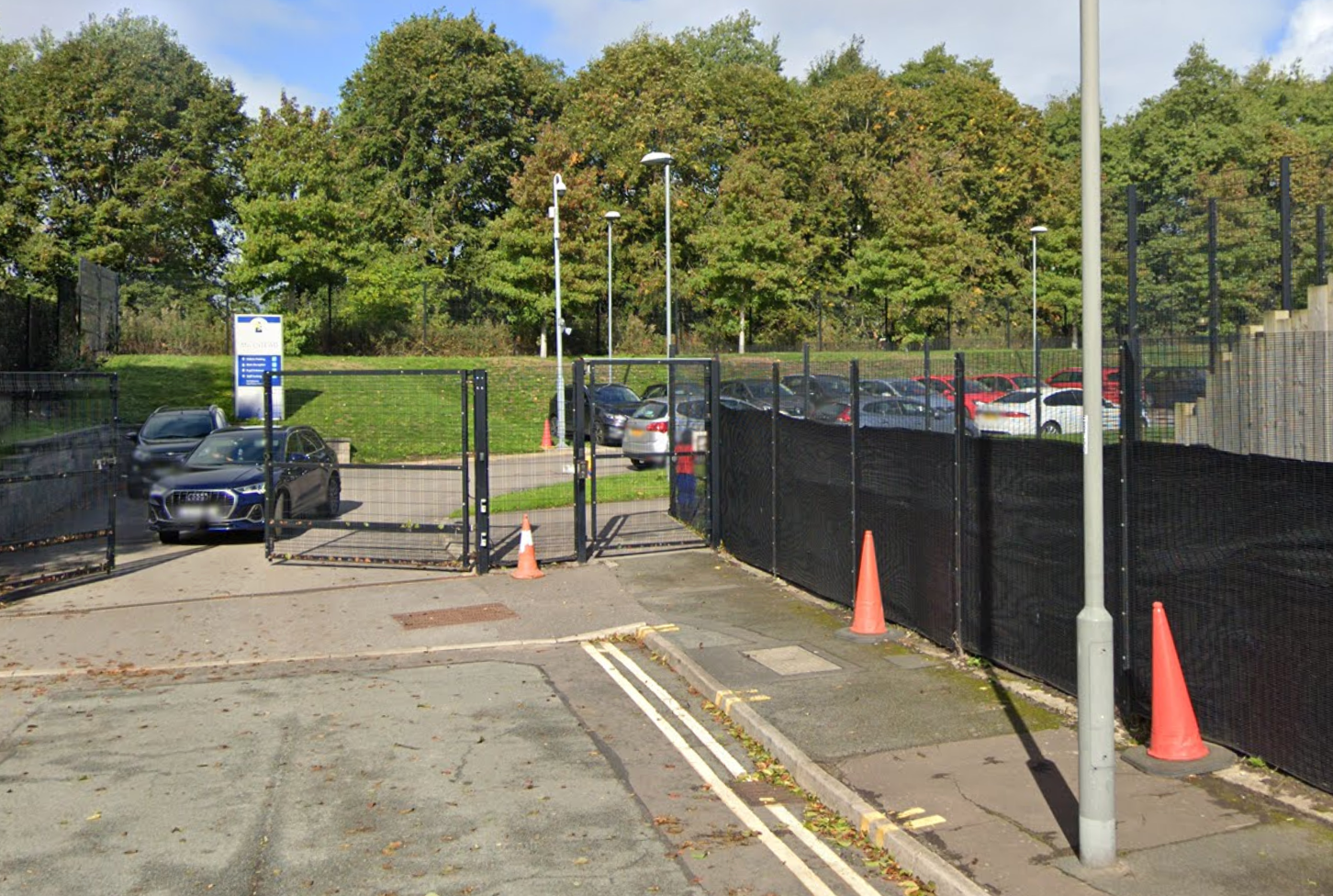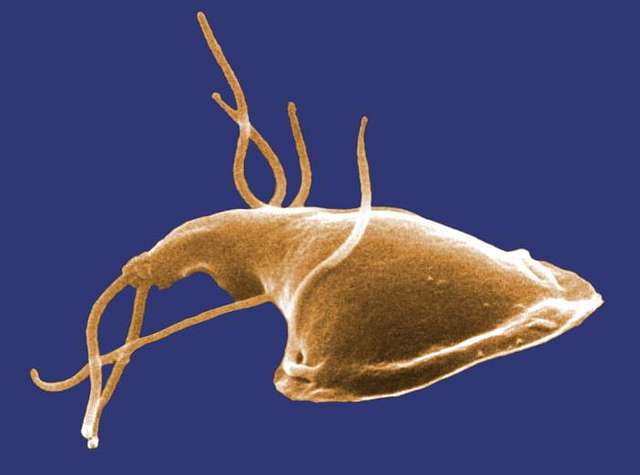Your support helps us to tell the story
From reproductive rights to climate change to Big Tech, The Independent is on the ground when the story is developing. Whether it's investigating the financials of Elon Musk's pro-Trump PAC or producing our latest documentary, 'The A Word', which shines a light on the American women fighting for reproductive rights, we know how important it is to parse out the facts from the messaging.
At such a critical moment in US history, we need reporters on the ground. Your donation allows us to keep sending journalists to speak to both sides of the story.
The Independent is trusted by Americans across the entire political spectrum. And unlike many other quality news outlets, we choose not to lock Americans out of our reporting and analysis with paywalls. We believe quality journalism should be available to everyone, paid for by those who can afford it.
Your support makes all the difference.Two children at a school dealing with an infection outbreak have died, health authorities said on Wednesday.
Both children were pupils at Millstead Primary School in Everton, Liverpool, which teaches children aged two to 11 years, who have special educational needs.
The agency has not confirmed the sex or ages of the children who have died. They were reportedly aged five and six.
But the UK Health Security Agency (UKHSA) said a link between their deaths has not been established but both are “unlikely” to be due to a “number of cases” of an infection called Giardiasis.
What is Giardiasis?
Giardiasis is an infection of the digestive system caused by tiny parasites known as Giardia lamblia, the UKHSA said.
The infection can cause symptoms such as diarrhoea, stomach cramps, flatulence and bloating but it is generally not a serious risk to health and can be treated easily with antibiotics, the agency said.
Emma Savage, consultant in health protection for the Cheshire and Merseyside Health Protection Team, said: “UK Health Security Agency are aware of the sad deaths of two children who attend Millstead Primary School and our thoughts are with the family, friends and school community.
“The deaths are unlikely to be due to Giardia. Giardia usually causes a self-limiting gastrointestinal illness which can spread easily in households and school settings.
“Investigations are ongoing, and we have provided information and advice to the school and parents. Public health measures have been put in place to help prevent further cases.”
Giardiasis symptoms
The main symptoms of giardiasis are:
According to the NHS
- smelly diarrhoea
- tummy pain or cramps
- farting (flatulence)
- smelly burps – they may smell like eggs
- bloating
- weight loss
You can have giardiasis and spread it to others without having any symptoms.
The agency has not said when either child died but a letter from the school’s headteacher was sent on May 21, alerting parents to two cases of Giardiasis confirmed at the school.
Millstead School head, Michelle Beard, said: “The entire Millstead School community is devastated to have learned of the sad recent passing of two of our younger children.
“We have sent our sincerest condolences to both of their families.
“Both children filled their classes with joy during their time with us, and they will forever be in our hearts.
“We are working closely with our families, staff and pupils to support them as we come to terms with this terribly sad news.”

The UKHSA advises that once treated with antibiotics, symptoms should stop in about a week, but can sometimes last longer.
Giardiasis can be spread by direct contact with infected people or animals, or from swallowing contaminated water, food or drinks.
How giardiasis is spread
You can get giardiasis through direct contact with infected people or animals, or from swallowing contaminated water, food or drinks
The NHS says there are lots of ways you can catch it, such as:
- drinking water that’s contaminated by the poo of infected people or animals
- eating food that’s been washed in contaminated water or handled by someone with giardiasis
- water getting in your mouth while swimming in places like lakes, rivers or swimming pools
- touching surfaces that have been touched by an infected person
- having sex with someone infected with giardiasis – especially unprotected anal and oral sex
Multiple studies suggest Giardiasis is associated with travel and more prevalent in developing nations, but can also be locally acquired.
A 2018 study published by Cambridge University Press said regions of the world where giardiasis thrives tend to be in those with poor living conditions, including malnourishment, squalor and unsanitary conditions which promote spread of the disease.
Giardiasis can be prevented by washing your hands with soap and water and after going to the toilet or changing nappies and before handling or eating food.
Any parents concerned that they or their child is displaying symptoms related to Giardia, should contact their GP or NHS 111.

Join our commenting forum
Join thought-provoking conversations, follow other Independent readers and see their replies
Comments